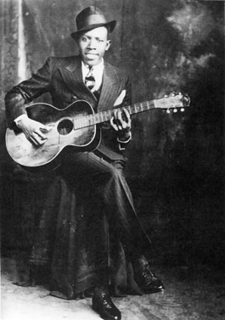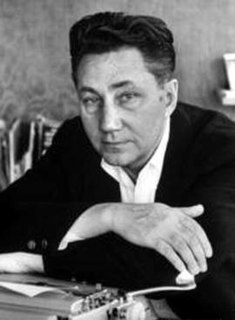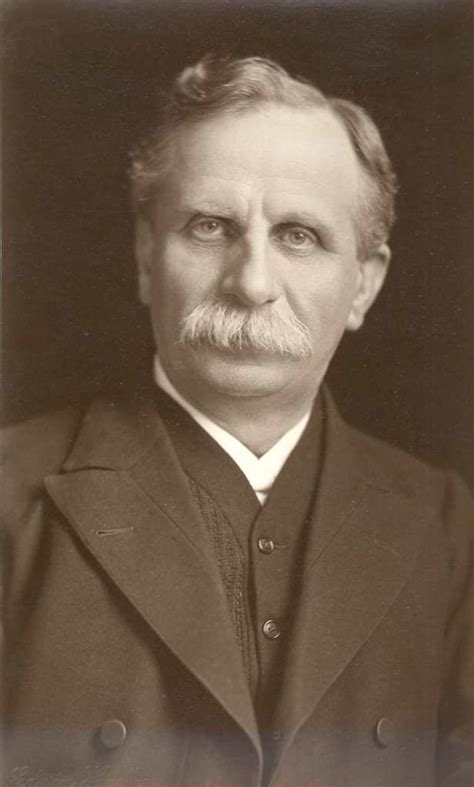A Quote by Rudolf Steiner
Reverence, enthusiasm, and a sense of guardianship, these three are actually the panacea, the magical remedy, in the soul of the educator and teacher.
Related Quotes
Reverence is a perception of the soul. Reverence is a natural aspect of authentic empowerment because the soul reveres all of Life. When the personality is aligned with the soul, it cannot perceive life except with reverence. Approaching life with reverence is a step toward moving the personality into alignment with the soul because it brings an aspect of the soul directly into the physical environment.
To teach effectively a teacher must develop a feeling for his subject; he cannot make his students sense its vitality if he does not sense it himself. He cannot share his enthusiasm when he has no enthusiasm to share. How he makes his point may be as important as the point he makes; he must personally feel it to be important.
... there are moments in which the teacher, as the authority talks to the learners, says what must be done, establishes limits without which the very freedom of learners is lost in lawlessness, but these moments, in accordance with the political options of the educator, are alternated with others in which the educator speaks with the learner.
My father, Oliver Hynes, was an educator. He was originally just a teacher, a very good one, but then he was promoted to be in charge of education for the entire area. He was always an inspirational teacher. He was my big personal supporter, always coming here for the Tony Awards. My mother, Carmel, was a homemaker.
It is impossible for anyone who studies the life and character of the great Prophet of Arabia, who knows how he taught and how he lived, to feel anything but reverence for that mighty Prophet, one of the great messengers of the Supreme. And although in what I put to you I shall say many things which may be familiar to many, yet I myself feel whenever I re-read them, a new way of admiration, a new sense of reverence for that mighty Arabian teacher.
I owe everything to the gift of Pentecost. For fifty days the facts of the Gospel were complete, but no conversions were recorded. Pentecost registered three thousand souls. It is by fire that a holy passion is kindled in the soul whereby we live the life of God. The soul's safety is in its heat. Truth without enthusiasm, morality without emotion, ritual without soul, make for a Church without power.
Art is created to make us, to make our passage through the world better, fruitful - and I would say that every story in the end, if it is good, tells us something. This is actually what I meant when I said a novelist is a teacher. Which is why I am constantly dealing with "didactic". Now a teacher in the sense I use it is not somebody who has the profession of standing in front of children, with a piece of chalk in his hand scribbling on the blackboard. That is not the teacher I have in mind. The teacher I have in mind is something less tangible.
An educator's most important task, one might say his holy duty, is to see to it that no child is discouraged at school, and that a child who enters school already discouraged regains his self-confidence through his school and his teacher. This goes hand in hand with the vocation of the educator, for education is possible only with children who look hopefully and joyfully upon the future.







































